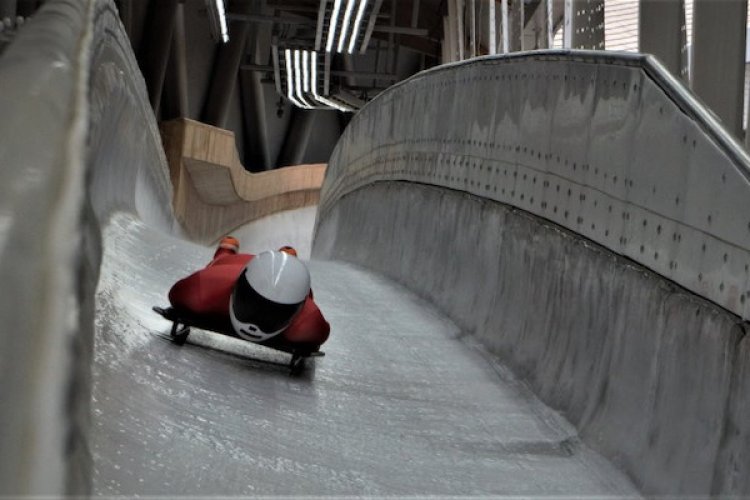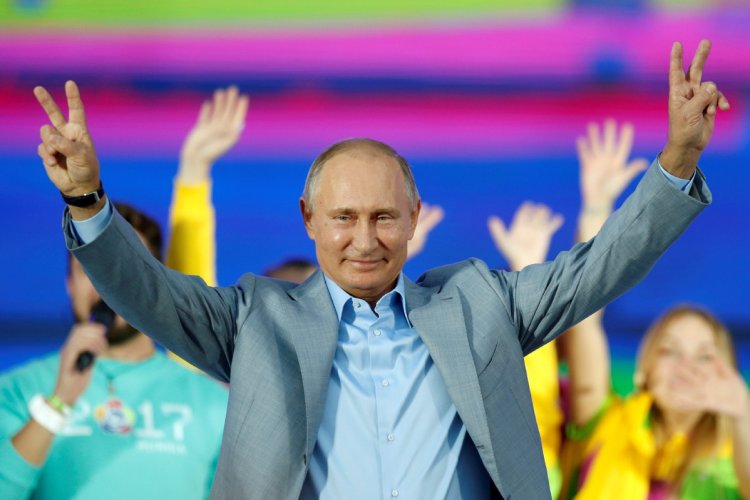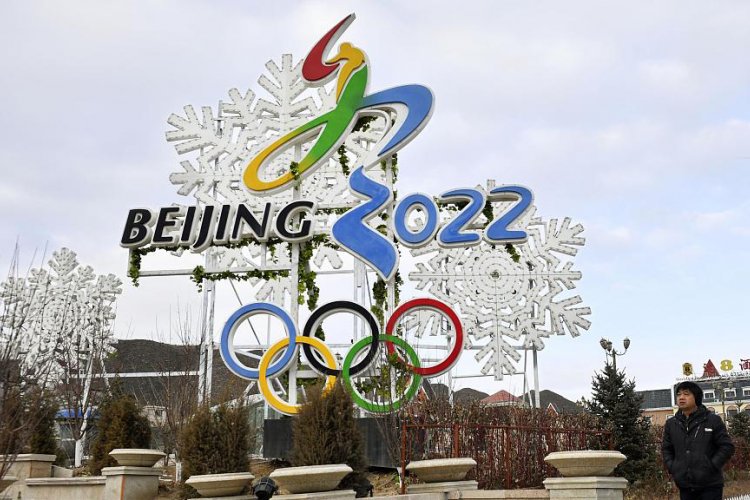OlymPicks: Sorry Couch Potatoes, IOC Prez Says You Can’t Get a Gold Medal By Gaming
Brace yourself for some tragic news, video game addicts: The years you’ve dedicating to sitting at a console and mastering a controller aren’t yet enough to help you become Olympian. No, not even if you have carpal tunnel or other romanticized injuries from those bouts of digital competition.
Those dreams are at least dashed for now, because International Olympic Committee president Thomas Bach has said: “We are not yet 100 percent clear whether eSports is really sport, with regard to physical activity and what it needs to be considered sport.”
Nerds around had the world had surely been hoping for more favourable results, given that the 2022 Asian Games, to be held in Hangzhou, will include eSports as a medal sport.
Defined by a team of top gaming academics as “multiplayer video games played competitively for spectators, typically by professional gamers” eSports are an increasingly gaining legitimacy at a host of venues and competitions around the world. Competitors even win huge prizes and major salaries by vying for tournament titles by playing games like Dota and League of Legends, along with a host of others. Red Bull’s arts and culture site even detailed how, in 2013, eSports attracted 71.5 million spectators.

That growing popularity of competitive gaming even lead Casey Wasserman, the chairman for Los Angeles’ 2024 Olympic bid, to say late last year: “We view eSports’ immense global popularity and continued advances in digital technologies as tremendous tools for reconnecting millennials with the Olympic movement … L.A. 2024 will work to ensure technology enhances young people’s sports experiences, instead of replacing them, and becomes a platform for further popularizing Olympic and Paralympic sports.”
And while Bach is not yet convinced about the merits of professional button bashing, he at least hasn’t declared “game over” either. It seems his biggest gripe isn’t the lack of strength of physical strength, speed, or skill required to excel at eSports (though that is part of the issue), but rather that such competitive gaming lacks the conventional structure already secured by more established sports.
“We do not see an organization or a structure that will give us confidence, or guarantee, that in this area the Olympic rules and values of sport are respected and in place, and that the implementation of these rules are monitored and secured,” the IOC president said, before ending on a more optimistic note: “We are watching it, we see the differences, we see the lack of organisation. But we also see the high engagement of youth in eSports. Therefore, we have to carefully consider how this could be consolidated.”

As gamers wait impatiently for such Olympic gratification, they can at least take solace in the Games’ other tech breakthroughs, including a growing amount of VR coverage in the 2016 Rio de Janeiro Games, and what is likely to be more at Pyeongchang in 2018, Tokyo in 2020, and, of course, Beijing in 2022. Nikkei Asian Review recently ran an essay about how “300 hours of virtual reality coverage” was available for Rio, and that “The Olympic Games is the kind of visually compelling, exclusive event that is perfect for VR.”
So, if you can’t get a gold medal for playing geeky games, at least you’ll be able to hopefully don a pair of VR goggles and live vicariously through the athletes in a more technologically immersive experience than ever before.
More stories by this author here.
Email: kylemullin@thebeijinger.com
Twitter: @MulKyle
Photos: Polygun.com, NBC Sports, Nikkei
Related stories :
Comments
New comments are displayed first.Comments
![]() charlesliu
Submitted by Guest on Wed, 05/03/2017 - 18:30 Permalink
charlesliu
Submitted by Guest on Wed, 05/03/2017 - 18:30 Permalink
Re: OlymPicks: Sorry Couch Potatoes, IOC Prez Says You Can’t...
The word "legitimacy" basically means "a lot of money" when it comes to e-sports, so much money that China is willing to bend over on its own morals and be perhaps the only country in the world to offer both internet addiction facilities to help gamers get off video games as well as universities majors to help students get better at playing them.
Despite lots of money, there are three basic reasons why e-sports will never be the same as real sports:
- As much as the world has changed, throwing a baseball is much the same now as it was a hundred years ago. So even though fitness and diet has changed, you can still compare the baseball stars of today with those from before because they had to do the same thing under the same conditions (gravity, sun in your eyes)
By comparison, everything in a video game is up for changes in the next software update. What is an awesome weapon of choice gets nerfed as game designers keep trying to make a game more balanced, something that real sports don't have as much a problem with. - Yep, lots of people watching e-sports competitions on TV. And, they're terrible. Not only are the announcers completely cringe-inducing (2GD) but the competitors are uncharismatic dullards who never move or show emotion (it's better for things like EVO, but for Starcraft you'd be surprised to find out they're even breathing).
On the other hand, put a fat man in a cage and everybody will tune in to watch him bludgeon another (if less obese) man. - The best e-sports now are DOTA2 and Hearthstone. Like, c'mon.
Validate your mobile phone number to post comments.







